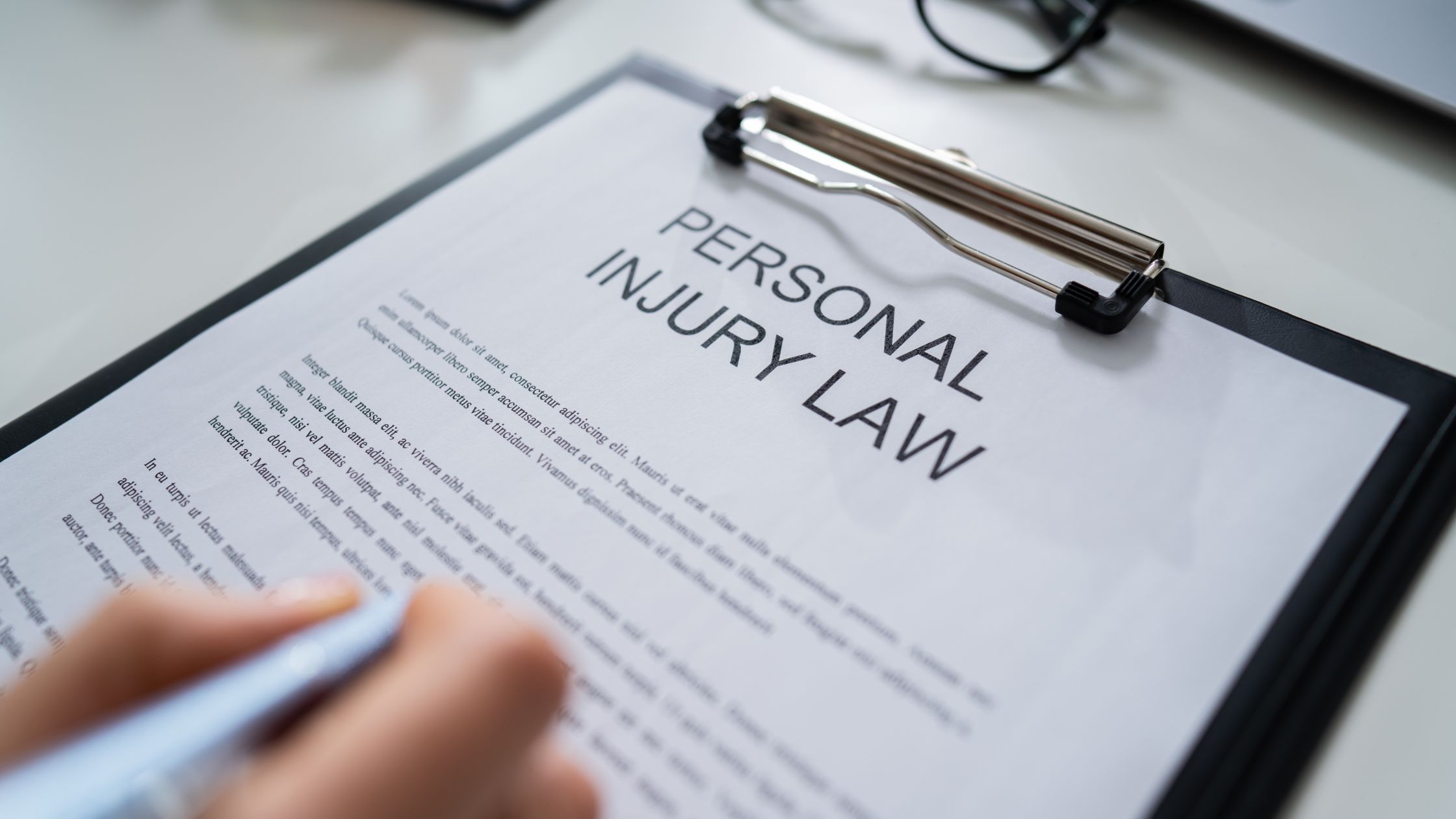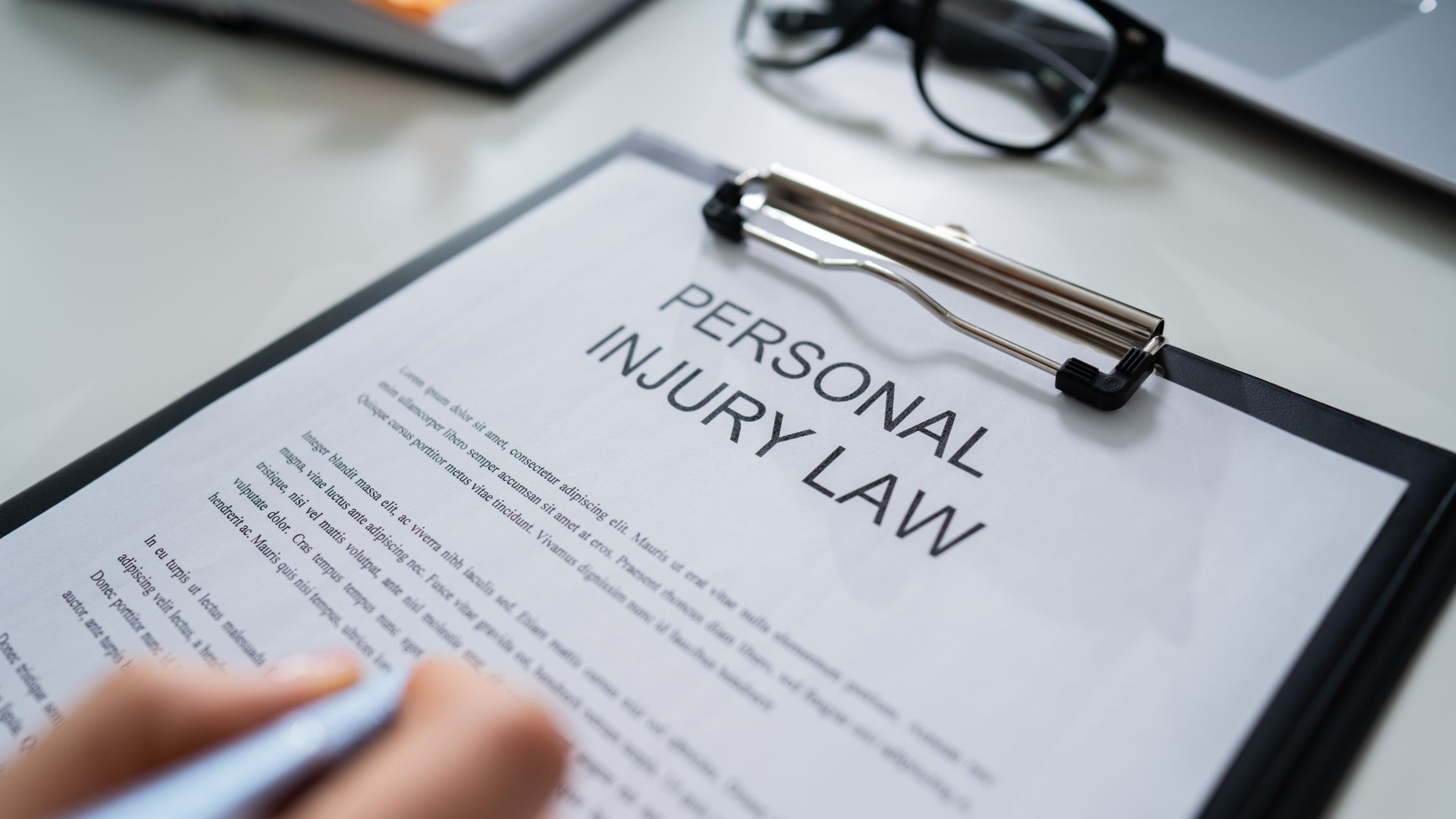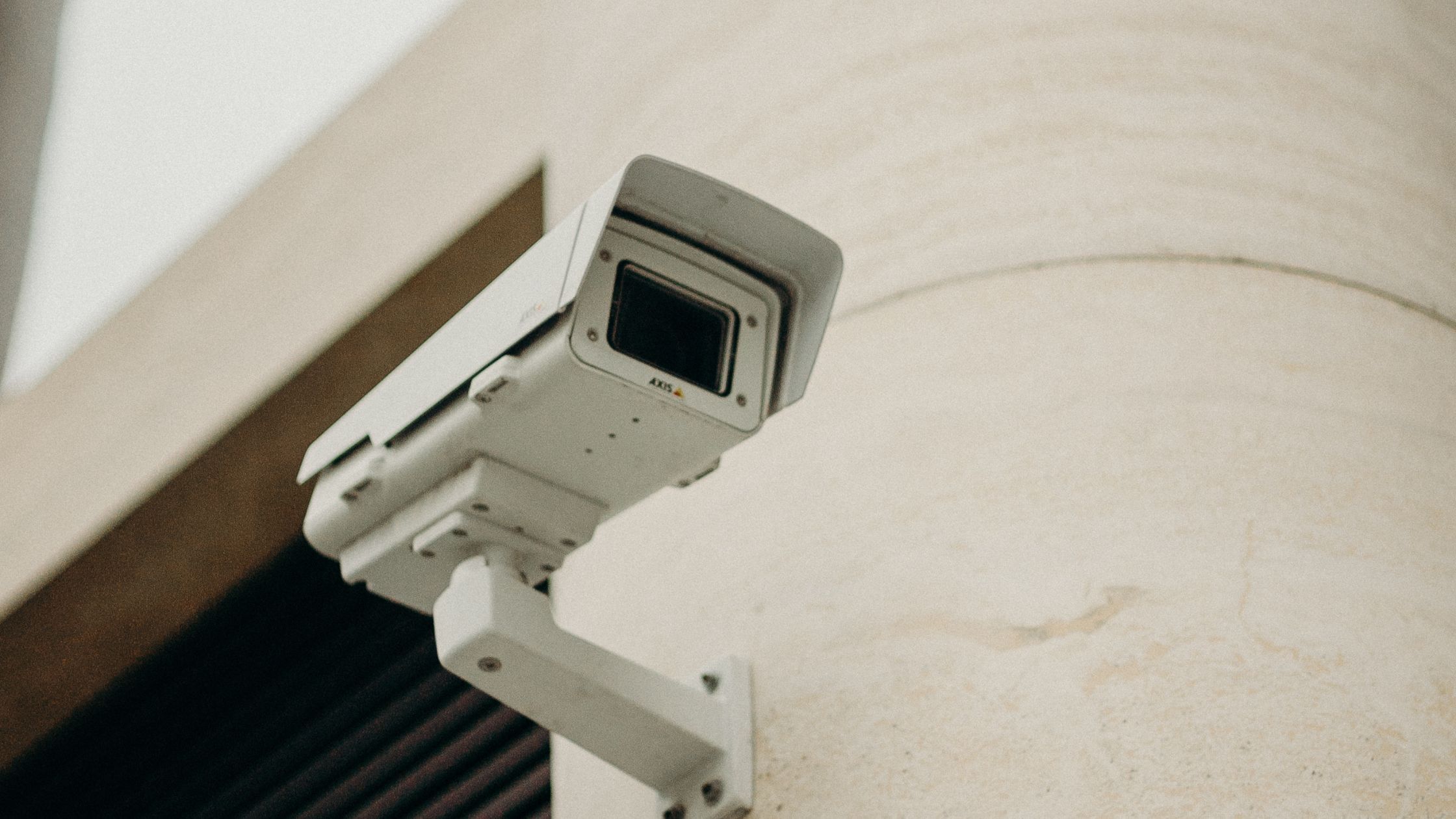When arresting a suspect, the police will routinely seize any mobile telephones in the suspect’s possession to gather evidence that may indicate their involvement in criminal activity. Such evidence can be found in incriminating text messages, WhatsApp messages, call logs, images, videos, and cell site data.
Depending on the settings created by the owner of the mobile phone, there is likely to be some sort of security encryption on a mobile phone. Whether it is a PIN number, password, pattern, fingerprint, or face recognition. To gain access to the electronic device, the mobile phone will need to be “unlocked”. However, that task may not be as straightforward as one would expect.
Suspects are often unaware of their rights regarding the giving or withholding of PIN numbers, passwords, and other forms of security encryption. Pressure is often placed on a suspect perhaps at the point when they are arrested, or when they are being booked into the custody suite or in an interview to provide this information to the police.
Unfortunately, these can be occasions when the suspect is feeling vulnerable and shocked at the fact that they have been arrested and wishing to co-operate with the police investigation.
The suspect can be given a false pretence that “they will be out of the custody suite if they provide this information”. We are also aware of situations where mobile phone passwords or PIN numbers were handed over to where the suspect was unrepresented or by someone who does not appreciate the law fully.
What suspects often do not realise is that they are entitled to legal advice on whether to provide their PIN or password, or other security encryption for their mobile phone to the police. Depending on the investigation, tactical decisions are usually made as to when the security encryption should be provided to the police. That is where you will need legal advice, from the outset.
The police at times can use tactics in order to obtain the PIN number or password from a suspect, either by threatening to hold the mobile phone for longer than necessary, or by incorrectly warning the suspect that a direct refusal will result in further offences being committed. This is not the case.
It is only once the police office have applied and obtained a court order, under section 49 of the Regulation of Investigatory Powers Act (commonly known as a RIPA notice), that refusal to provide such information becomes a criminal offence.
Section 49 enables the police, or other authorised law enforcement, security, or intelligence agency to serve a notice on a suspect requiring the disclosure of the PIN or password. Once served it becomes a separate criminal offence to refuse to provide the information under Section 53 of RIPA. The maximum sentence for committing this offence is 5 years custody in national security cases and 2 years custody in all other cases.



















